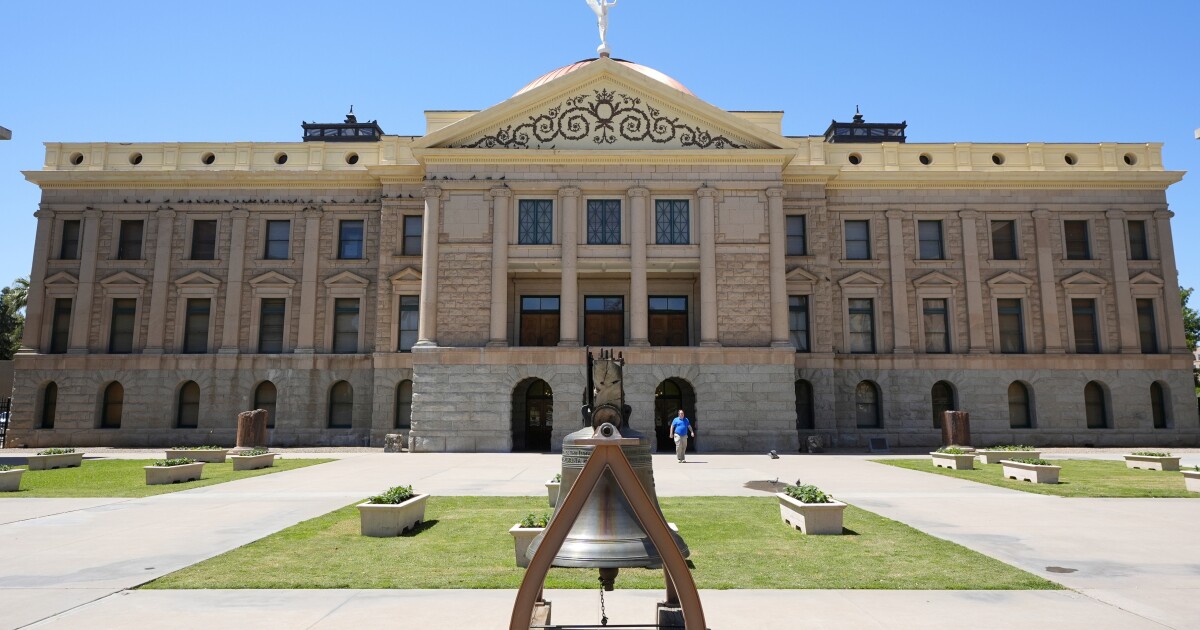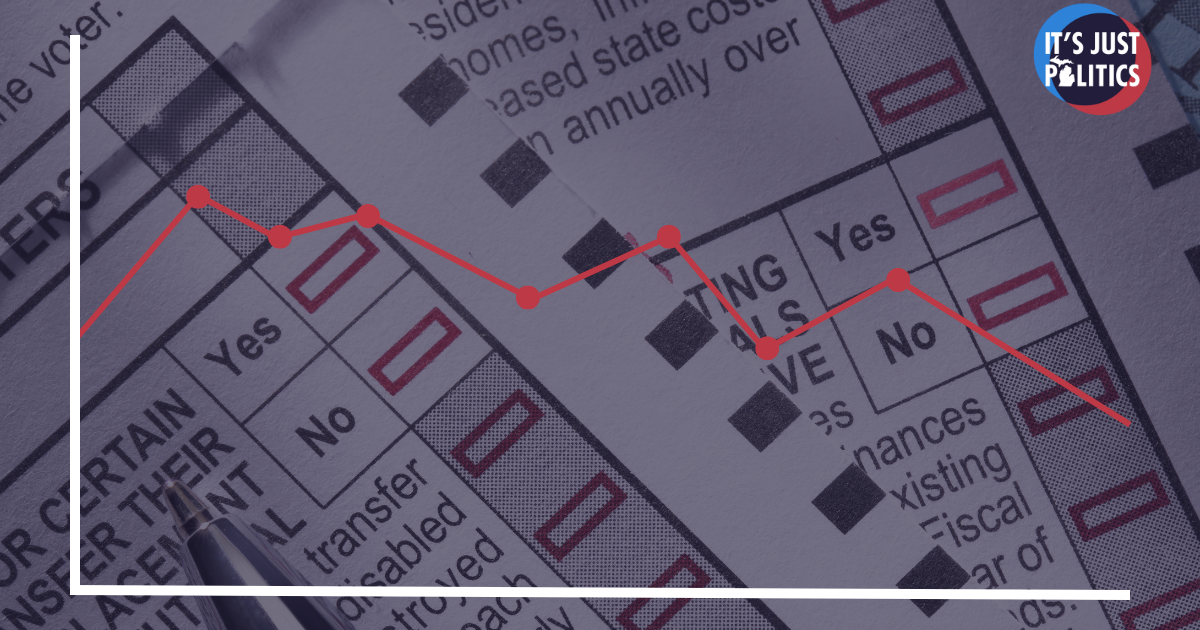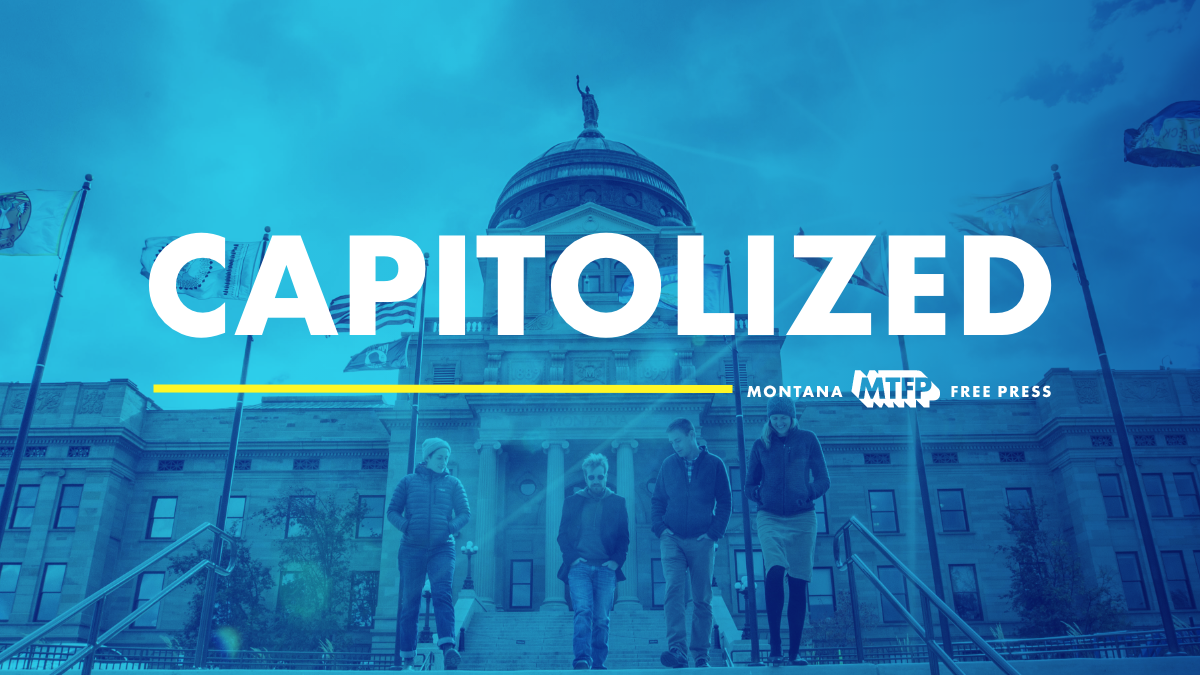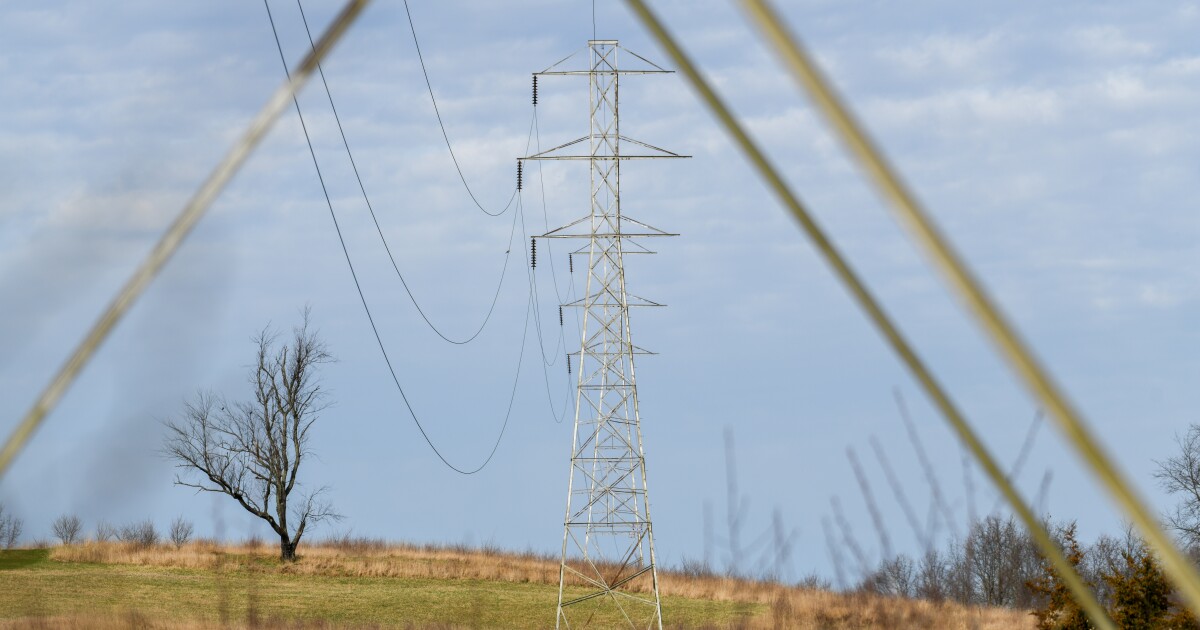Article Summary –
Mifepristone, approved by the FDA 25 years ago, has significantly impacted reproductive health in the U.S., with medication abortions accounting for 63% of all abortions by 2023, facilitated by regulation changes allowing mail distribution without in-person appointments. Despite its established safety, mifepristone faces legal and regulatory challenges, including recent actions by Texas and Florida to join a lawsuit aimed at restricting its use, and Texas passing a bill enabling citizens to sue those involved in its distribution. On the other hand, several Democratic-led states have enacted laws to protect telehealth providers who prescribe abortion pills, with California recently passing legislation to allow anonymous sending of abortion pills to states with bans.
Marking 25 years since its approval by the U.S. Food and Drug Administration, mifepristone, commonly known as the abortion pill, has revolutionized reproductive health in the U.S., providing a safer and more private alternative to surgical procedures.
The Guttmacher Institute reports that as of 2023, medication abortion, typically a two-pill regimen of mifepristone followed by misoprostol, comprised 63% of U.S. abortions in regions where it remains legal, rising from 53% in 2020. This surge is partly due to regulatory changes in January 2023, which enabled patients to obtain the medication via mail, enhancing access without needing in-person appointments.
Mifepristone is available in all 50 states, even those with abortion bans, through telehealth and mail-order services. It is approved for use up to 10 weeks’ gestation, with rare complications and a strong safety profile.
Despite its 25-year history, mifepristone faces ongoing challenges, including legal battles, misinformation, and state-level restrictions.
In August, Texas and Florida sought to join a lawsuit already involving Idaho, Missouri, and Kansas. This follows the Supreme Court’s dismissal of a previous case against the FDA aiming to restrict mifepristone.
The states argue their need to join State of Missouri et al. v. U.S. Food and Drug Administration et al. to protect against other states’ shield laws that safeguard telehealth providers prescribing abortion drugs where banned. The case progresses in the U.S. District Court for the Northern District of Texas under Judge Matthew Kacsmaryk.
On Sept. 3, the Texas Senate passed House Bill 7. If signed by Gov. Greg Abbott, it permits private lawsuits against those violating provisions prohibiting the manufacture, distribution, or mailing of abortion-inducing drugs in Texas, barring specific exceptions.
The legislation offers a $100,000 reward to certain relatives of a woman who received an abortion-inducing drug unlawfully, while unrelated individuals receive $10,000 with $90,000 directed to a charity. The pregnant woman herself is exempt from lawsuits.
“This bill will harm women and could even lead to more pregnant women dying because they couldn’t access life-saving medications,” Democratic Texas Rep. Donna Howard said during a Texas House session, as reported by the Texas Observer. “The medication abortion pill has prevented a return to pre-Roe v. Wade ‘coat-hanger abortions.’ How many women must die or suffer because they couldn’t access necessary care?”
Abbott is expected to sign the bill on Sept. 28, coinciding with the 25th anniversary of the drug’s approval.
In early September, Health and Human Services Secretary Robert F. Kennedy Jr. hinted at potential rollbacks on mifepristone access, accusing President Joe Biden’s administration of data manipulation: “They actually twisted the data to bury a high safety signal, around 11%,” Kennedy stated at a Senate Judiciary Committee hearing on Sept. 4, as reported by the Guardian. His comments seemed based on a non-peer-reviewed paper by a right-wing think tank.
Researchers, medical associations, and pharmaceutical companies have urged the FDA to safeguard the medication.
“Decades of scientific evidence across over a hundred studies confirm mifepristone’s safety and effectiveness for medication abortion and early pregnancy loss management,” states a letter from the UCLA Law Center for Reproductive Health, signed by 263 reproductive health researchers.
Democratic-led states New York, Maine, Massachusetts, Vermont, and Washington have enacted laws allowing anonymous distribution of abortion pills to states with bans. Pennsylvania considers similar legislation, while California passed its version, Assembly Bill 260, which Gov. Gavin Newsom is expected to sign.
—
Read More Pennsylvania News










